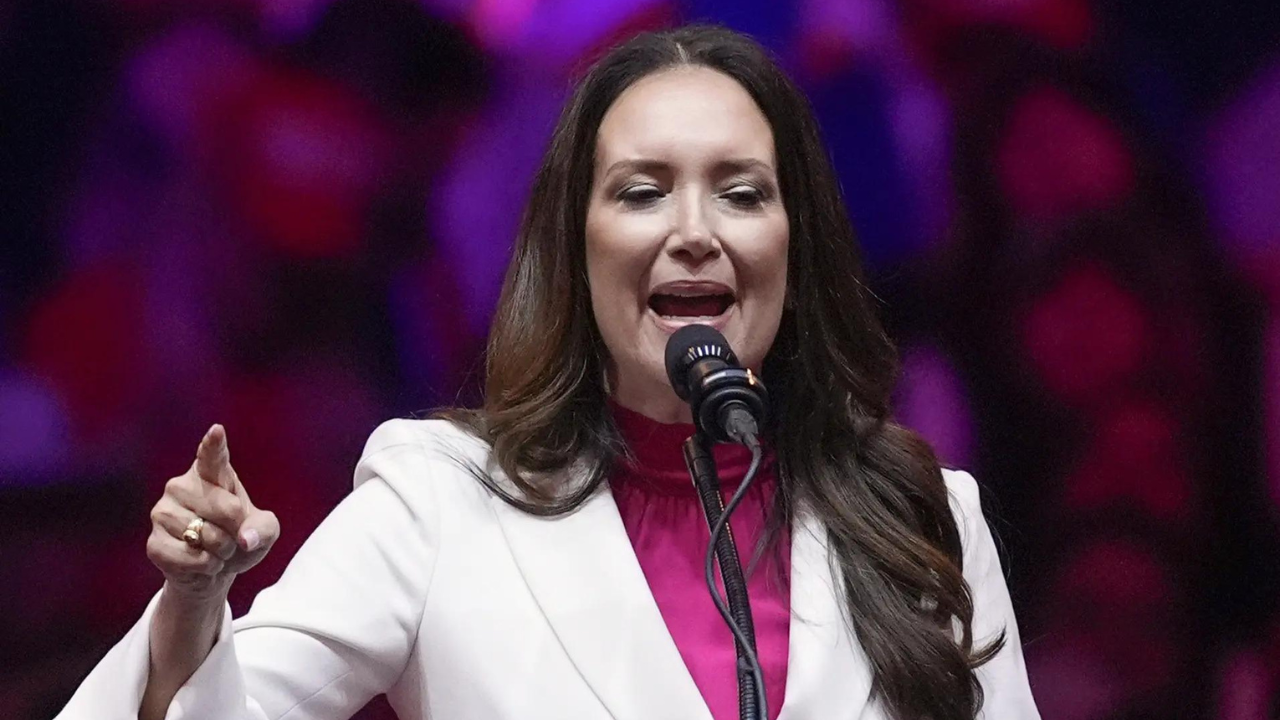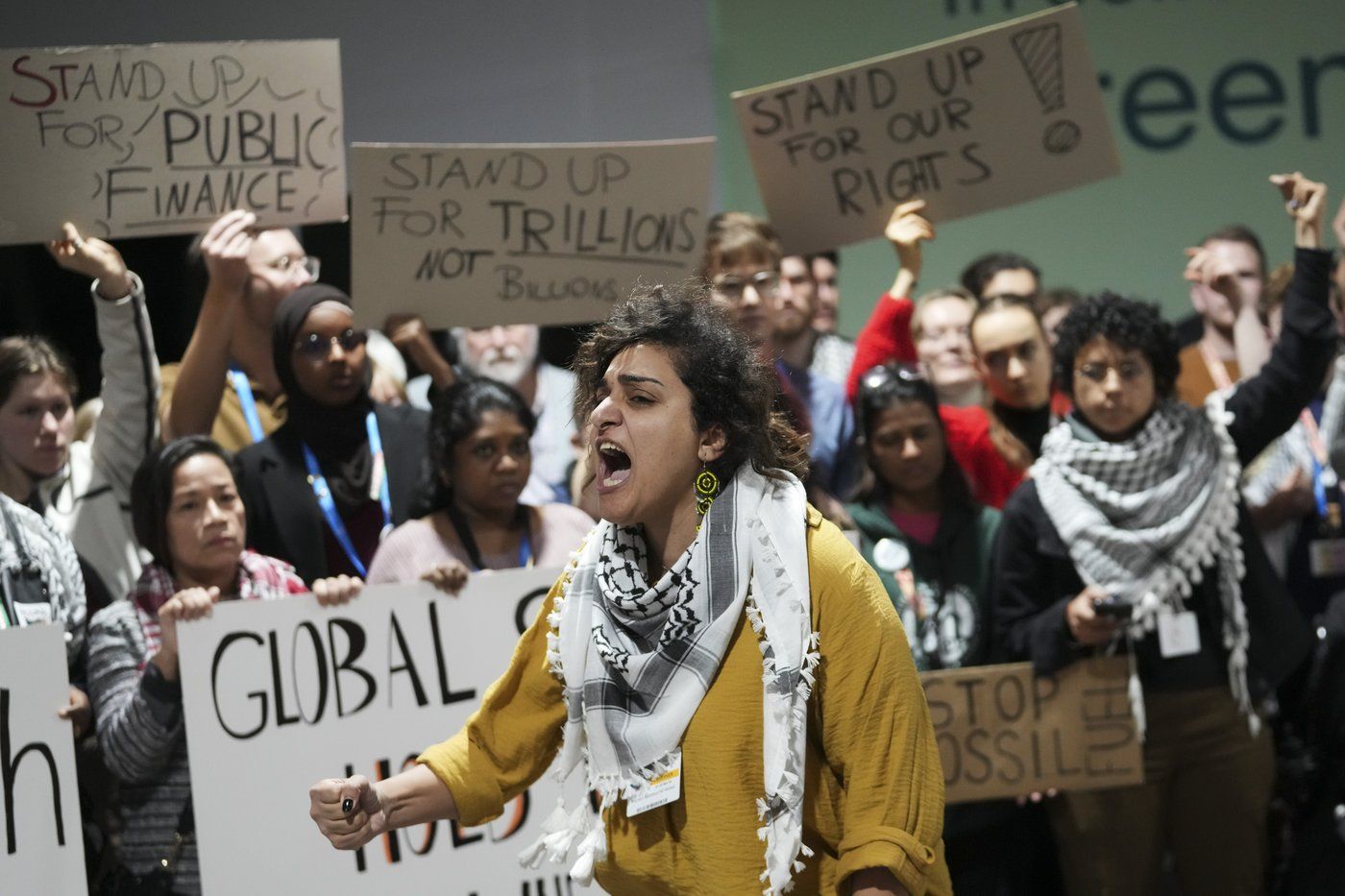ARTICLE AD BOX

The surprise capture on US soil of Mexican drug lord Ismael "Mayo" Zambada has all the suspense of a Netflix nailbiter -- and all the mystery, too.
Wild claims of cross-border kidnapping, murder and political intrigue swirl around his arrest. But there are many gaps in the story, and few official details -- fueling mistrust, analysts say, between US and Mexican authorities.
Zambada, 76, co-founded the powerful Sinaloa drug cartel with Joaquin "El Chapo" Guzman in the 1990s.
He escaped capture for much of his life despite a US reward of $15 million for his capture.
Then, seemingly out of the blue, Zambada was detained on July 25 with El Chapo's son, Joaquin Guzman Lopez, after they landed in the United States on a private plane.
Zambada's lawyer and the US ambassador to Mexico have claimed he was taken against his will.
In a statement issued after the arrest, Zambada said Guzman Lopez had invited him to a meeting at a ranch outside Culiacan, Mexico, on July 25.
There, he claimed, he was led into a dark room and "ambushed," handcuffed and bundled into a pickup truck with a hood over his head.
He said he was driven to a nearby landing strip and "forced onto a private plane," which landed, according to Zambada, in El Paso, Texas -- though a US official says it landed in Santa Teresa, New Mexico.
Adding to the mystery, two of Zambada's bodyguards disappeared during the operation, Zambada said -- one of them the police chief of Mexico's Sinaloa state.
"When I read the statement it sounded like a novel," former DEA agent Mike Vigil told AFP.
- Politician 'murdered' -
The United States and Mexico have both denied involvement in Zambada's capture, though Mexico City has alluded to conversations between Guzman Lopez and US officials.
But Zambada has sought to draw in Mexican officials, saying he had been on his way to meet the governor of Sinaloa state, Ruben Rocha -- a supporter of President Andres Manuel Lopez Obrador.
Guzman Lopez, Zambada said, had asked him to mediate in a conflict between Rocha and opposition lawmaker Hector Cuen.
Zambada then claimed Cuen was "murdered" at the same place he was ambushed, while he was there.
But on Monday, the Sinaloa prosecutor's office released video footage allegedly showing Cuen's murder -- on July 25, but in a robbery at a gas station in Culiacan.
Rocha, for his part, has denied any links to the Sinaloa Cartel and said he was in Los Angeles on the day in question.
Lopez Obrador and Mexico's new president-elect, Claudia Sheinbaum, have backed up his claim.
On Thursday, the Mexican attorney general's office said it would charge anyone involved in Zambada's "illegal" handover with "treason."
- Revenge? -
Experts say Zambada's story could be a ploy to avoid standing trial in the United States, where he has pleaded not guilty to charges of drug trafficking and money laundering, among others.
His defense could argue "there was an extraterritorial application of American justice," Mexican security expert David Saucedo told AFP.
But Vigil said this was unlikely to work, pointing to a Mexican national prosecuted on US soil two decades ago for the murder of a DEA agent, despite claiming he was illegally detained.
Vigil, who had served in Mexico several times, also highlighted seeming improbabilities in Zambada's version of events, finding it odd that one of the world's most wanted men would travel with only four bodyguards to meet Guzman Lopez -- a rival drug lord -- to resolve a political matter.
A likelier scenario, said Vigil, was that Guzman Lopez gave up Zambada in exchange for benefits for himself and his brother Ovidio, extradited to the United States in 2023.
It could also be "revenge" for Zambada's relatives testifying against "El Chapo" at the trial that saw him sentenced in New York to life imprisonment.
- 'Requires corruption' -
Whatever the truth, Zambada's capture showed once again that drug trafficking "does not occur independently" of state actors, "but rather requires corruption to exist and grow," according to Cecilia Farfan of the University of California San Diego's Institute on Global Conflict and Cooperation.
Mexico has a long history of drugs intersecting with politics.
Genaro Garcia Luna, a former homeland security minister, was found guilty last year in New York of protecting the Sinaloa cartel.
Zambada's arrest also highlights difficulties in US-Mexico anti-drug cooperation, said Saucedo, amid accusations that Mexico follows a "hands off" approach.
The Sinaloa cartel is one of the most powerful criminal groups in Mexico along with the Jalisco New Generation.
Lopez Obrador, who says the United States' DEA-led drug fight has failed, insisted Monday that arresting top-level drug lords does nothing to solve the underlying problem.
He accused Washington of seeking to link governments to drug trafficking in a bid to "subdue" them.
Spiraling criminal violence, much of it linked to drug trafficking and gangs, has seen more than 450,000 people murdered in Mexico since 2006.
.png)
 3 months ago
6
3 months ago
6








 English (US)
English (US)